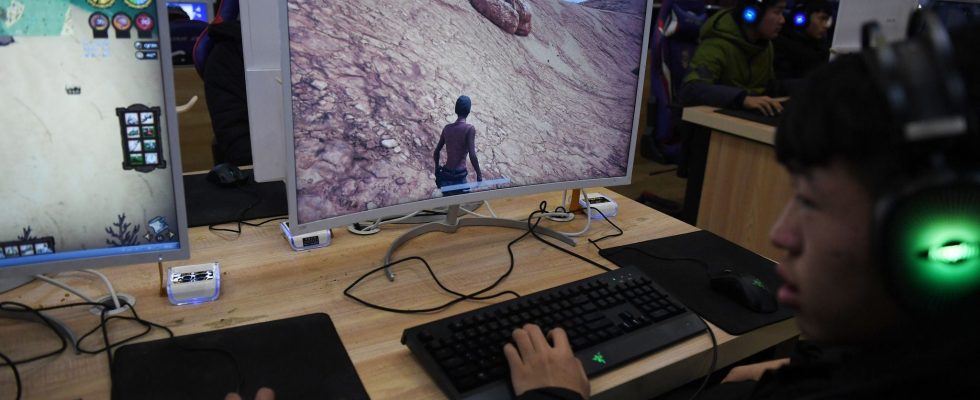By wanting to “fight against addiction” to video games, China has lost tens of billions of dollars in capitalization… World number one in the sector, the Chinese giant Tencent saw its share price plunge by more than 12% on Friday, December 22. % at the close of the Hong Kong Stock Exchange. While its rival, NetEase plunged 24.6%.
At issue: a bill which plans to prohibit online games from granting rewards to players who log in every day or spend for the first time in a game. Incentive mechanisms common in the sector.
According to the text, published by the newspaper China Daily, this new legislation will force players to register under their real identity. If they do not give it, they will not be able to access all the services of an online video game.
Furthermore, with this bill, publishers are once again subject to prohibited themes. In their games, they will no longer be able to introduce elements opposing the fundamental principles of the Chinese Constitution, endangering national unity or the culture of the country. The bill also plans to make video games a means of China’s influence internationally. Publishers are thus invited to “develop an advanced socialist culture” and “transmit excellent traditional Chinese culture”.
“Review” and “improve” the new measures
However, given the collapse of the stock market shares of the two sector leaders, the government plans to rework its bill. “In view of the concerns and opinions expressed by all parties”, the Chinese authorities “will cautiously study” the new measures envisaged, “review them and improve them”, reported Chinese television CCTV this Saturday, December 23. Regulators could modify terms in the draft that include capping the top-up of players’ accounts and the ability of users to log in each day, CCTV adds.
Beijing’s first measures regulating the video game sector date from 2021 as part of a crackdown on the tech sector, including a strict limitation on the time that minors can spend online playing. The end of the freeze in the allocation of licenses had suggested that Beijing would loosen its grip on the video games industry.
But in its current version, the regulatory authorities’ project announced on Friday is intended to limit online game purchases and prevent addictive behavior. The draft regulation also reiterates the ban on online gaming content which “endangers national unity” or “national security”, or which “harms national reputation and interests”.
